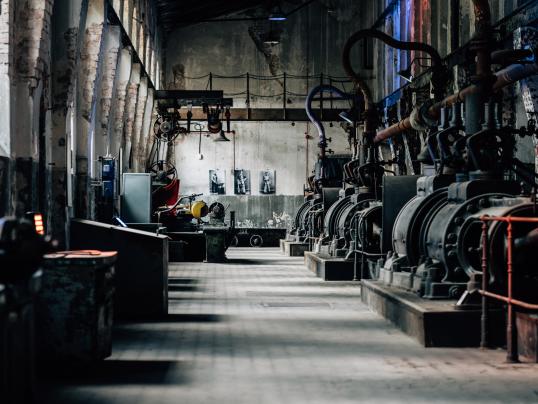The exemption from excise tax for lubricating oils in specific industrial processes aims to reduce the price of oils used in industrial processes and increase the competitiveness of the affected industries. This subsidy was enacted in 1993 and benefits companies that use lubricating oils in the production and processing of natural and synthetic rubber for the manufacture of related products, the production of plastics and artificial or synthetic resins and in the production of pesticides for fruit plants. Companies that use lubricating oils in the previously listed processes are completely exempt from the excise tax on lubricating oils. The standard rate for lubricating oils used in other industries is EUR 787.81 per tonne.
The budget impact of this subsidy is EUR 78.80 million each year. If the subsidy were removed, the price of lubricating oils for the benefiting industries would increase by 32.76%.
The subsidy reduces the price of lubricating oils, which increases the demand for the goods produced and increases the environmental impacts associated with production. No impact assessment of this subsidy has been done, but the environmental impact is high. Environmental impacts include increased levels of greenhouse gas emissions, industrial and oil waste disposal and resource and chemical use during industrial processes. There are also risks associated with chemical and oil leaks, which pollute land, soil and water resources, accumulate in plant and animal tissues and pose a health risk for humans.
Italy is focusing on collecting oils from industrial processes to limit their environmental impact. Additionally, this subsidy is undergoing the environmentally harmful subsidy (EHS) reform process. Italy consults with stakeholders and analyses existing EHS for reform and is establishing a compensatory tax credit mechanism for investments in the sectors that are negatively affected by the reform process. Under the EHS reform process, the tax rate on lubricating oils will gradually increase by 10% each year until the tax rate reaches 100% in 2030 and the tax exemption will be removed. The affected industries will receive a tax credit mechanism as compensation and also help to incentivise better energy efficiency. This reform could be further strengthened by helping to support the industries in finding greener alternatives to oils and to help make their processes more energy efficient.
More information on the exemption from excise tax for lubricating oils in specific industrial processes and other candidates for reform in Italy and other Member States can be found in the country case studies and factsheets compilation.

